Interested in coming to New Zealand?
Sign up to receive relevant job opportunities from New Zealand employers and practical advice on how to make your move to New Zealand a reality.

It can take time to adjust to living and working in a new country. Good information can help.
An employer version of this guide is available on the Immigration New Zealand website:
This guide has information to prepare you for working in construction in New Zealand.
This guide is for migrants who work or want to work in construction in New Zealand, for example:
New Zealand values migrant construction workers. No matter how long you stay in New Zealand, we want you to enjoy your time working here.
Because it can take time to get used to living and working in a new country, it is important that you and your family have the information and support you need, even if you are here on a temporary visa.
Working in construction in New Zealand may be different from what you are used to. For example, New Zealand’s building regulations and some workplace equipment may be different from your home country. How people communicate at work will be different too.
This guide will help you understand what it is like to work in construction in New Zealand and where to get advice and support if you need it. It also explains some of the differences you may experience living in New Zealand.
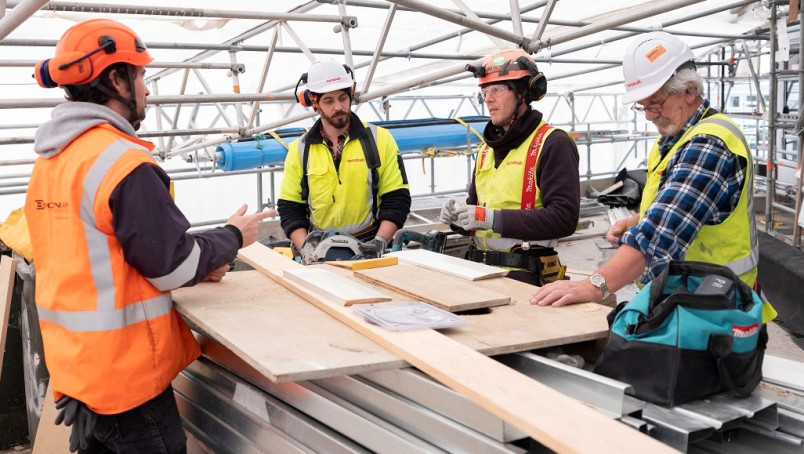
Working in construction in New Zealand may be different from what you are used to. Learn about the differences.
Construction work in New Zealand includes:
Construction is an important part of New Zealand’s economy and so receives strong support from the New Zealand Government. The Ministry of Business, Innovation and Employment (MBIE) is responsible for:
Regulating building professionals and practitioners | MBIE
New Zealand’s construction industry is growing rapidly due to increased spending on housing, offices and factories, road and rail links, sewer, power and fibre installation and water supply. This spending growth is leading to increasing demands on construction and related industries, and rising employment in construction.
Some of the projects requiring construction skills include:
In 2017, MBIE reported that across New Zealand, the demand for construction-related occupations is projected to increase by an overall 11% between 2016 and 2022. This represents an increase of about 56,000 employees to a total of over 571,000. Occupations expected to have the largest growth to 2022 include plumbers (15%), electricians (14%), and civil engineering professionals (12%).
National construction pipeline report | MBIE
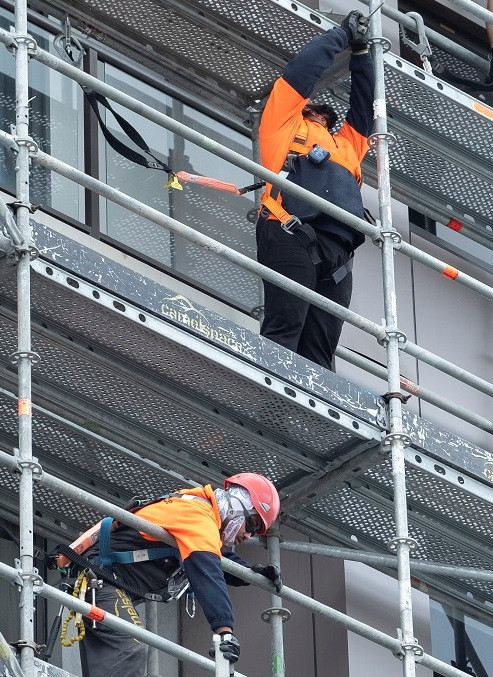
Workers are expected to follow health and safety laws on the worksite.
The New Zealand construction workplace will be different from what you are used to. Because of this, you may need to complete extra training, learn new ways of working or gain further qualifications. Many roles will require you to have a driver licence.
Here are some things migrant workers say are different about working in construction in New Zealand:
New Zealand’s population is becoming more diverse. You may be working with people from different cultures and/or countries.
Learning and understanding how to work with people from different cultural backgrounds, including New Zealand Māori, will be an important part of your job.
If you intend to use your overseas qualification to support you to get a job in construction in New Zealand, check that your qualification is recognised by the sector. If your occupation is listed on the Construction & Infrastructure Skill Shortage List (CISSL), your qualification must be comparable to the standard of the New Zealand qualification listed on the Construction & infrastructure skill shortage list.
You may need to have your overseas qualification assessed by Qualifications Recognition Services (QRS) at the New Zealand Qualifications Authority (NZQA) to see if it aligns with the New Zealand Qualifications Framework (NZQF).
All overseas qualifications need to meet the definition of a qualification on the NZQF to be assessed and recognised by the NZQA. This requires an International Qualifications Assessment (IQA) from NZQA.
Recognition of overseas qualifications | NZQA
International Qualifications Assessment | NZQA
Recognition of a qualification by Immigration New Zealand as part of applying for a residence visa is not the same as NZQA assessing whether your overseas qualification aligns with the New Zealand Qualifications Framework. Both may be required.
In New Zealand, some building or design work relating to residential buildings is classified as ‘restricted building work’ (RBW). You must be a Licensed Building Practitioner (LBP) in the appropriate class to do or supervise this type of work.
You may need to gain experience working in New Zealand before you can apply to become an LBP. If you have an Australian licence you may be able to obtain the equivalent New Zealand Licence through a Trans-Tasman Mutual Recognition Application (TTMRA).
Restricted Building Work | Licensed Building Practitioners
Your licence | Licensed Building Practitioners
Licencing classes | Licensed Building Practitioners
New Zealand law requires migrant construction workers to register with a professional body if they are coming to New Zealand to work as:
Occupational registration | Immigration New Zealand
If you are submitting an immigration visa application based on an offer of employment in any of the above occupations, you need either full or provisional registration before you can apply for a Work visa, a Work to Residence visa or a Residence visa.
In New Zealand, the titles ‘Chartered Professional Engineer’ and ‘Registered Engineer’ can only be used by engineers on the Chartered Professional Engineer (CPEng) register. The register is administered by Engineering New Zealand.
Generally, building consent authorities require Chartered Professional Engineers to certify engineering design work.
CPEng registration | Engineering New Zealand
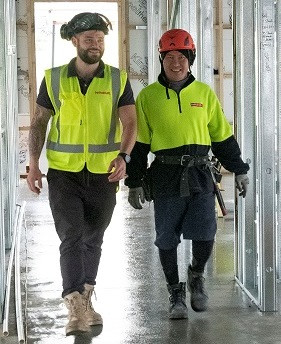
Discuss your training needs with your employer.
If you need training, you may wish to discuss support for your training needs with your employer. There are a range of options for construction-related work.
Industry Training Organisations (ITOs) are part of a formal system for increasing and developing skills in the workplace. ITOs arrange training and set qualification standards, and work with the industry to determine skill development needs. Health and safety training is included within ITO training programmes.
ITOs offer construction industry national qualification programmes and support, including:
BCITO (Building and construction ITO)
Connexis (Infrastructure ITO)
Competenz (Engineering ITO)
Skills (Trades ITO)
Private training establishments (PTEs) also provide training for construction work, from entry level up to post-graduate level. PTEs must be registered with NZQA and meet national standards.
To find training courses on the careers.govt.nz website, type "construction" into the search box.
Search for a course or training provider | careers.govt.nz
SiteSafe is the national provider of construction health and safety training.
Some polytechnics also offer training in construction-related skills.
Speak to your employer if you think you need more training in any aspect of your work.
Construction workers in New Zealand are usually paid an hourly wage and not a weekly salary. Some employers may pay a higher rate for overtime.
The careers.govt.nz website has a lot of information about construction related jobs and wages.
Construction and infrastructure | careers.govt.nz
As a construction worker in New Zealand, you can either work part time or full time. The same work rights apply whether you work full time or part time.
| Full-time | Usually between 30 and 40 hours a week with guaranteed hours |
|---|---|
| Part-time | Usually between 10 and 15 hours a week, but can be up to 30 hours a week with guaranteed hours |
| Casual |
Casual workers are employed as and when required and do not have regular or guaranteed hours of work. Work is offered when available and there is no requirement to accept work when offered |
Types of employee | Employment New Zealand
Construction workers in New Zealand usually work Monday to Friday but often work on Saturdays as well. During summer months work hours can be for longer than usual. Emergency work may be required at night or in the weekend.
The hours available for doing construction work in New Zealand can be affected by the weather and by the number of daylight hours available (daylight hours in winter are much shorter than in summer). This can affect the hours you are asked to work.
Your rights relating to your working hours and your other minimum employment rights are explained in more detail in the next section Minimum employment rights.
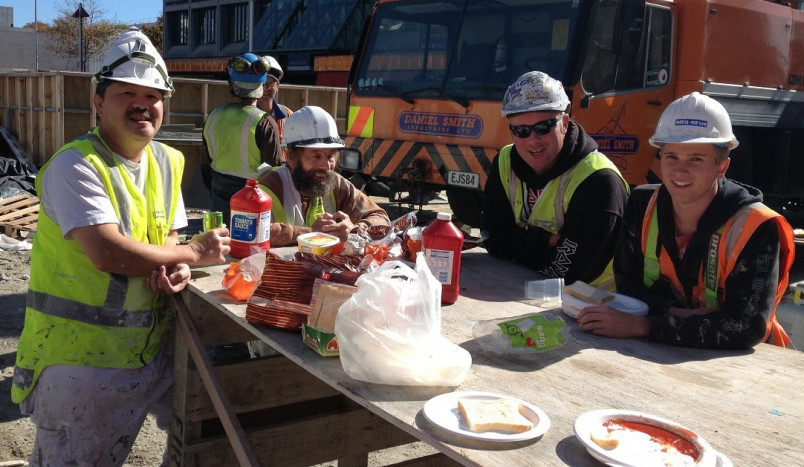
New Zealand has laws that protect all workers. Know your rights to ensure you are paid and treated fairly.
Information on your minimum employment rights is available in 14 languages.
As an employee in New Zealand you have minimum employment rights. These include:
Your employer must treat you fairly and provide you with a written employment agreement outlining what you are entitled to.
Knowing your rights will help you to settle into the workplace and avoid any potential disagreements with your employer.
You are entitled to seek independent advice before signing your employment agreement.
Your employer cannot take any action against you without a genuine or valid reason. If they believe they have a valid reason, they must work with you in good faith and follow a fair process. You are entitled to seek independent advice and have a support person present when meeting with your employer.
Fair process | Employment New Zealand
The Employment New Zealand website has a lot of useful information about employee rights, including free employee learning modules. Look at these modules to learn about your rights and obligations. It is important that you find out things you may not be aware of. The modules include links to supporting information if you need it and are available in English, Samoan, Simplified Chinese, Hindi, Korean and Tagalog.
Employment learning modules | Employment New ZealandIn New Zealand, all workers have the right to join a union. Unions support employees in the workplace. They bargain for collective employment agreements with employers and help employees with information and advice about work-related issues.
Your employer cannot discriminate against you or disadvantage you for joining a union or taking part in legitimate union activities.
The following unions represent construction workers:
Union Network of Migrants (UNEMIG) is a migrant led, non-profit and non-sectarian network of migrant workers that aims to protect the rights and welfare of migrant workers in New Zealand.
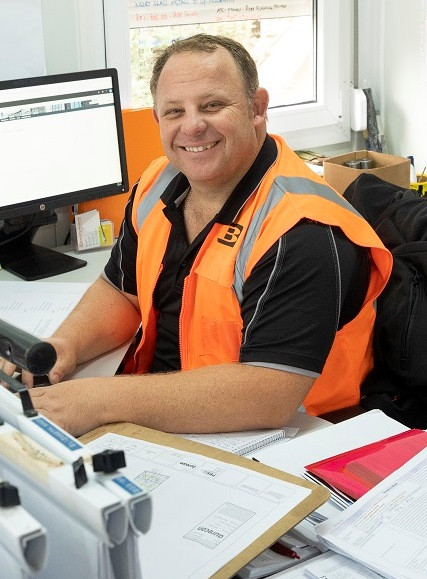
Employees can be part of a collective agreement.
Your employer must provide you with a written employment agreement stating your hours of work, what you will be paid, the leave you are entitled to, and any other conditions that you and your employer have agreed to.
If you and your employer later agree to any changes to your original employment agreement, for example hours of work, they must be recorded as a written variation to your employment agreement.
You can have an individual agreement or be part of a collective agreement.
If you do not belong to a union, you will need an individual agreement between you and your employer. You must both sign the agreement.
Before you sign your agreement, read it and make sure you understand it. Your employer must give you time to read it and get advice if you need any. You can discuss and agree any changes with your employer before you sign. You can have a representative or support person with you when you do this.
You are entitled to a copy of the signed agreement. If your employer does not give you a copy, ask for one. Keep the signed copy in a safe place in case there is a disagreement.
In New Zealand, many employers in the construction sector who hire migrant workers have collective agreements with independent trade unions. A collective agreement is an agreement worked out between a union (on behalf of the workers) and your employer.
Your employer must let you know if there is a collective agreement and how to contact and join the union that negotiates the collective agreement. If you belong to a union and there is a collective agreement, you will be automatically covered by that agreement. If you agree to any conditions that are different from the collective agreement, these should be outlined in a variation of contract or in a letter of appointment.
Employment agreements | Employment New Zealand
Your hours of work must be agreed to by you and your employer and recorded in your signed employment agreement. Any other arrangements relating to your hours of work, for example flexible working hours and compensation for overtime, must also be recorded in your signed employment agreement.
It is important to read all about your rights regarding hours of work.
If you are on a temporary work visa you must be paid for at least 30 hours a week and this must be written into your employment agreement.
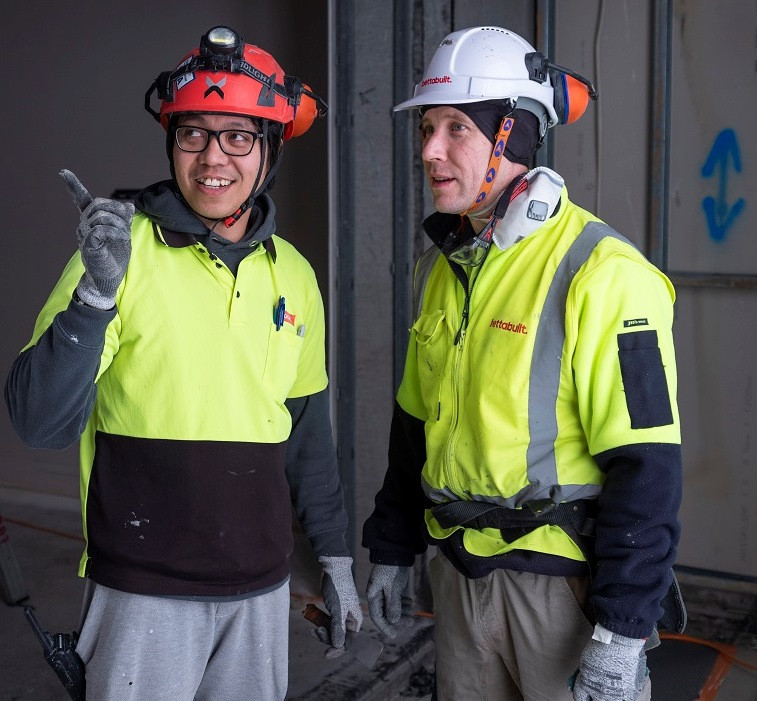
You are entitled to ask for flexible work arrangements.
You have the right to request a change to your working arrangements. For example, you may need more time at home to care for your family.
You can ask to change:
Your employer must consider the request fairly. Make sure you get agreed changes in writing.
Flexible working arrangements | Employment New Zealand
When you start working, if your employer employs fewer than 20 people they may offer you a trial period of up to 90 days.
If you agree to a trial period:
If your employer dismisses you from your job during the 90 day trial period, you cannot make a legal complaint against them for unjustified dismissal.
You can make a legal complaint against your employer for other reasons, for example harassment, exploitation and discrimination. These terms are explained later in this guide.
All other minimum employment rights apply while you are on a trial period.
Trial periods | Employment New Zealand
If you are aged 16 years or over, your employer must pay you at least the minimum hourly wage for every hour you work. The minimum wage is set by the government and reviewed each year.
Your employer must pay you in money, either directly into your bank account or with cash.
Minimum wage | Employment New Zealand
Your employer must not charge you fees or take out (deduct) money from your wages, unless they are required by law or you have agreed in writing first.
Deductions allowed by law include:
Deductions | Employment New Zealand
Before you begin work you need an IRD number so your income is not taxed any higher or lower than it should be. It is free to get an IRD number from the Inland Revenue website.
KiwiSaver is a voluntary, work-based savings scheme to help New Zealanders save for their retirement.
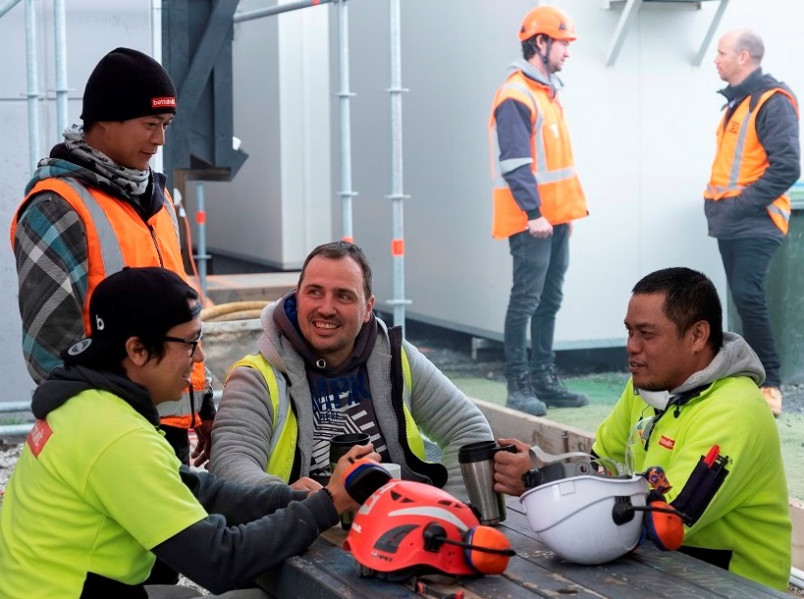
All workers are entitled to set rest and meal breaks.
Construction work often involves hard physical labour, long days and working outside in extremes of temperature. Regular breaks help you to stay fresh and alert and avoid workplace accidents. They also allow time to rest, refresh and take care of any personal matters.
All workers are entitled to set rest and meal breaks. The number and length depends on how many hours you work. The minimum length of breaks required by law is:
Your employer does not have to pay you for your meal breaks but rest breaks are paid time.
Rest and meal breaks | Employment New Zealand
From time to time, your employer may require you to work during a scheduled break. For example, if there is an emergency situation to deal with or if there is no one to cover your job. If this happens, you should be allowed a break at a different time or be paid for a missed break.
Public holidays (also known as ‘statutory holidays’) are paid holidays that all workers are entitled to in addition to their annual leave. New Zealand has 12 public holidays.
The following table has some of the rules about public holidays and what you are entitled to.
| If... | then... |
|---|---|
|
a public holiday is on a day you would normally work |
you are usually entitled to have the day off and still be paid for it |
|
you and your employer agree you will work on a public holiday |
you are entitled to be paid at least 1 1/2 times your hourly rate (‘time and a half’) for the hours you work on that day |
|
you agree to work on a public holiday and it is a day you would normally work |
you are entitled to:
|
|
a public holiday falls on a Saturday or Sunday and you do not normally work on those days |
you usually get a paid holiday on the following Monday or Tuesday instead. This is called ‘Mondayisation’ |
Public holidays | Employment New Zealand
You can ask to transfer a public holiday to another working day. For example, you may wish to celebrate a religious or cultural holiday that is not a New Zealand public holiday.
Your employer must consider the request fairly. Your employer can also ask you to transfer a public holiday to another day to meet the needs of the business.
Any agreement to transfer a public holiday must be in writing.
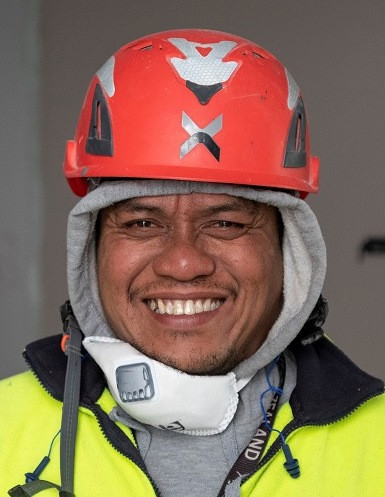
All workers are entitled to New Zealand's public holidays, as well as annual leave.
All workers except casual workers are entitled to at least 4 weeks of paid holidays a year after working for their employer for 12 months.
Most employers will let you take annual leave as you earn it. You can take at least 2 weeks off at a time.
If you work part time, you get 4 weeks of annual leave based on what a working week is for you. For example, if you work 3 days a week you will be entitled to 12 days of annual leave.
Annual holidays | Employment New Zealand
Depending on their pattern of work, casual workers may be entitled to either 4 weeks’ annual leave or ‘pay-as-you-go’ annual holiday pay (8% of their gross earnings as holiday pay on top of their wages).
Types of employee | Employment New Zealand
All workers are entitled to at least 10 days of paid sick leave each year after being employed by the same employer for 6 months. Check your employment agreement to find out what you are entitled to.
You can request sick leave when:
The New Zealand Holidays Act allows you to carry over unused sick leave to the next year, up to a maximum of 20 days. Your employer may allow you to carry over more than 20 days.
You are not required to get a medical certificate for sick leave, but your employer may ask you for one. The certificate should state that you are unfit for work but not the reason why. If the sick leave is for less than 3 days your employer must reimburse you for the costs of getting a medical certificate. For 3 days or more, you may have to pay the costs.
Sick leave | Employment New Zealand
If you need to take sick leave before you have worked 6 months, or you are unsure if you have enough sick leave available, talk to your employer about your options.
All workers are entitled to paid bereavement leave after being employed by the same employer for 6 months. Collective agreements generally have bereavement leave available from the start of employment.
The amount of leave you are entitled to must be recorded in your employment agreement.
The following table has the minimum entitlements for bereavement leave. Check your employment agreement to find out exactly what you are entitled to
| If... | then... |
|---|---|
|
a member of your immediate family dies who is your:
|
3 days |
|
more than 1 family member dies at the same time |
3 days for each person |
|
someone outside your immediate family dies |
up to 1 day |
If you request bereavement leave for someone outside your close family, your employer needs to agree that you have a close relationship with the person and/or responsibilities relating to the death, eg cultural and/or supportive responsibilities.
Bereavement leave | Employment New Zealand
When close family or friends die it may be very difficult for you if you are living far away. If you need to take bereavement leave and are unsure if you have enough available, talk to your employer about your options.
If you have a new baby or child to care for you may be eligible for paid parental leave and up to 1 year unpaid extended leave, if you are the primary carer.
The parental leave payment is a weekly payment for 1 continuous period of up to 22 weeks.
You should not be disadvantaged in your work for taking paid or unpaid leave that you are entitled to.
Parental leave | Employment New Zealand
Workers affected by domestic or family violence have the right to:
Domestic or family violence means all forms of violence in family and intimate relationships. Domestic violence can be physical, sexual or psychological abuse.
Domestic violence rights apply even if the domestic violence happened in the past.
Employers must not treat workers badly or unfairly for experiencing domestic violence.
Domestic violence leave | Employment New Zealand
Workers qualify for domestic violence leave if they have worked for their employer for at least 6 months and meet other criteria around the hours they have worked.
Employers may ask for some form of written proof, like a letter from a support person or organisation, a report from your doctor or court documents.
You are entitled to:
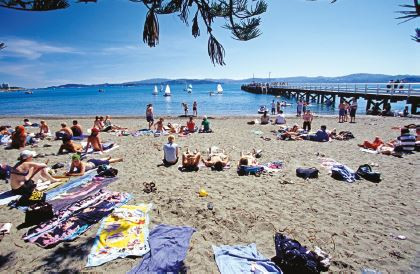
Your employer must keep full and accurate records to show that they have given you all your minimum employment entitlements. These records must include your:
Your employer does not have to provide you with a payslip, unless this is stated in your employment agreement. But they do have to give you a written breakdown of how your pay is made up, if you ask for it.
If you do not understand something on your employment record or payslip, you can ask your employer to explain it to you.
Payslip | Employment New Zealand
Keeping accurate records | Employment New Zealand
Your employer can only collect personal information about you for valid work purposes or where directed to by the law. They must protect the privacy of your personal information and not disclose or use it for any other purpose.
You can ask your employer for access to your personal file and other information they have about you. They must either give you access or tell you why you cannot see it. They must respond to your request as soon as possible and within 20 working days (or ask for an extension). You can also ask for information to be corrected if it is not accurate.
Employee privacy | Employment New Zealand
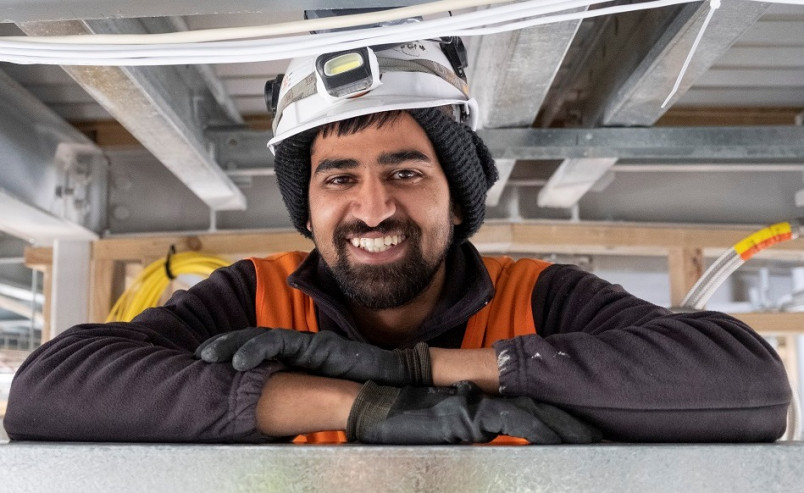
Workplace exploitation is a serious crime in New Zealand. Learn what support is available.
If you are a migrant worker you have the same rights as New Zealand workers and it is a crime for employers to exploit you. Your employer cannot take away your employment rights.
Most New Zealand employers do not exploit their workers but a small number may take advantage of people who are not familiar with their minimum employment rights.
You can find helpful information on the Immigration New Zealand website, including examples of exploitation, what to do if your employer exploits you and ways to keep yourself safe.
Migrant exploitation | Immigration New Zealand
If you think you are being exploited, support is available. It is important to get help as soon as possible.
| Contact | Help they can provide | How to get help |
|---|---|---|
|
The Ministry of Business, Innovation and Employment (MBIE) |
Confidential help and advice on employment issues, pay and holidays |
Call the Contact Centre on: |
|
MBIE Mediation service |
Help to resolve a dispute with your employer |
|
| NZ Police |
If you think you are a victim of migrant exploitation you can contact the New Zealand Police |
Contact us | New Zealand Police Call 105 for non-emergencies If you are in immediate physical danger, |
| Citizens Advice Bureau (CAB) |
Advice on dealing with complaints and disputes This service is for everyone, not just New Zealand citizens |
Find a CAB | Citizens Advice Bureau Phone a CAB: |
| Community Law |
Free legal advice, if you are eligible |
Free legal help | Community Law |
| Unions |
Help with exploitation and getting fair treatment Unions can also negotiate with your employer on your behalf |
Some workplaces have an Employee Assistance Programme (EAP).
EAP is a free service where you can talk to an independent professional counsellor in private about problems you are facing. You can get advice on many issues, including:
You do not need to tell your supervisor or employer if you are receiving this service.
Contact your workplace human resources (HR) team to find out if your workplace provides this service.
Employee assistance | EAP Services
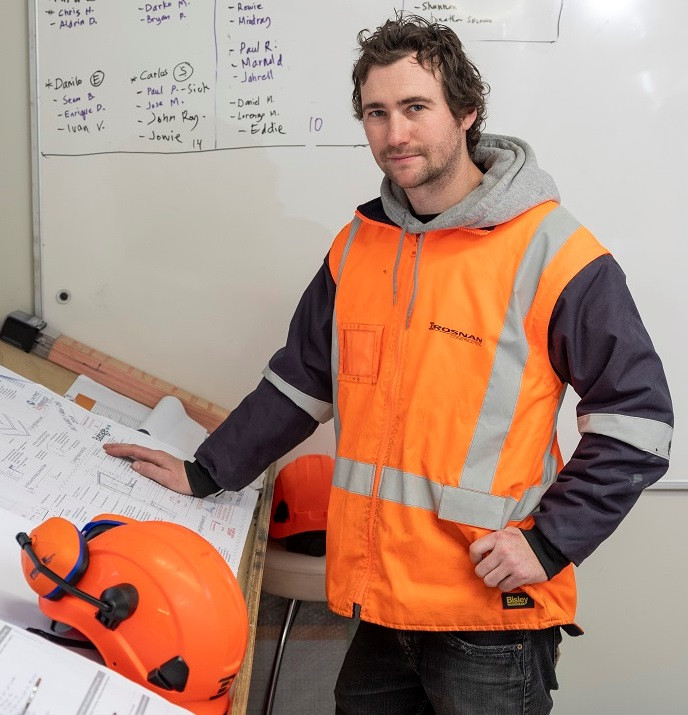
New Zealand's employment authorities are here to help you.
There are several organisations that oversee employment standards in New Zealand. We call them employment authorities.
There are 3 main employment authorities:
The New Zealand employment authorities are here to help you. Do not be afraid to report a complaint to these authorities, even if you are worried about your immigration status. They will treat you fairly.
The Labour Inspectorate has a team of inspectors that visit New Zealand businesses to make sure their owners are providing the minimum employment rights to their employees.
Labour Inspectorate | Employment New Zealand
The ERA helps to put right employment relationship problems. Examples of issues they can help with include:
Employment Relations Authority
The most serious employment disputes go to the Employment Court. This can happen if someone does not agree with what the ERA determines.
Employment Court | Ministry of Justice
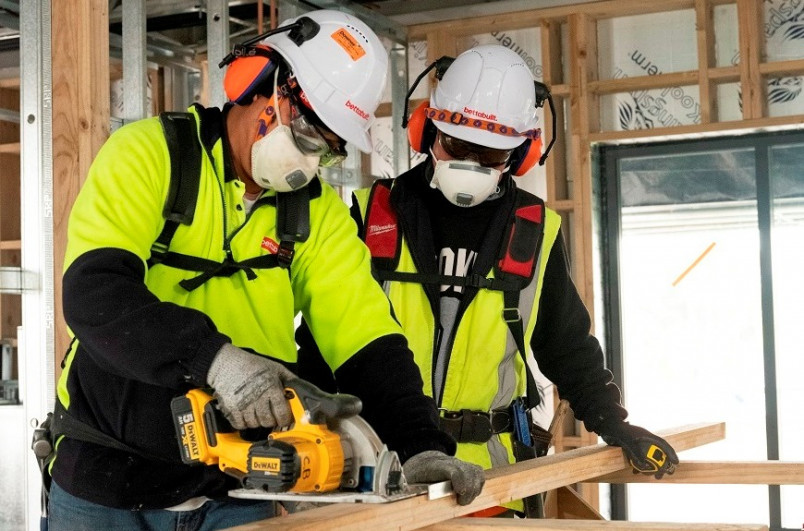
Keeping safe at work is everyone's responsibility.
Under New Zealand law, you have the right to:
It is against the law for anyone to treat you differently or take steps against you for being concerned about workplace health and safety.
Under New Zealand law, both employers and employees have a duty to ensure that the workplace is healthy and safe.
| Your employer must.... | All workers must... |
|---|---|
|
look after your health and safety and provide a healthy and safe workplace |
know the health and safety procedures and how to keep themselves and those around them healthy and safe |
|
give you the training, supervision and equipment that you need to do your job safely |
follow health and safety instructions carefully and wear or use the safety equipment provided |
|
tell you how to raise concerns or suggestions about staying healthy and safe and healthy at work |
report all accidents and near misses |
Some of the things your employer must do to keep you healthy and safe include:
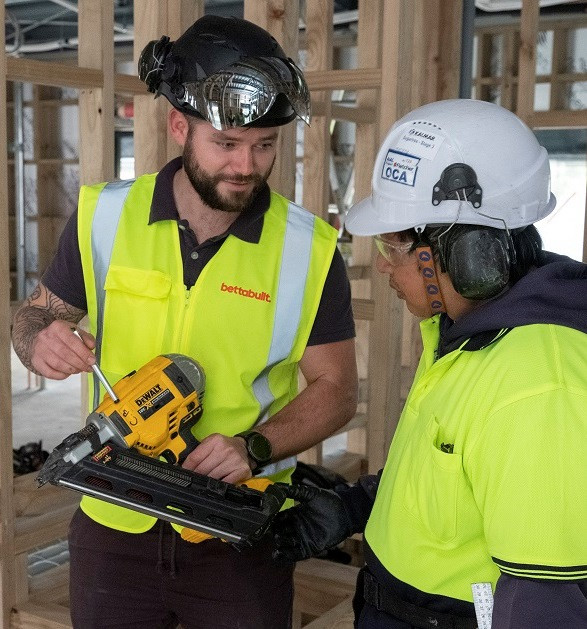
Your employer should provide equipment training.
A 'near miss' is an event that could have caused injury but did not.
There can be lots of hazards in the construction workplace. The following table has some of the hazards you should be aware of.
| Equipment | Environment |
|---|---|
| Being hit or crushed by moving objects and machinery |
Working at height or in confined spaces |
| Loss of control of machinery or equipment or using equipment incorrectly | Exposure to hazardous substances, eg chemicals or asbestos |
| Lifting and moving heavy objects without appropriate equipment | Fatigue |
| Electrocution | Exposure to sunburn and weather conditions / not wearing suitable outdoor clothing |
| Slips, trips and falls | Loud noise, dust, wind |
The level of risk from these hazards will vary depending on the individual business. Be sure to ask what the most important risks are for you. Your manager or supervisor should identify the top risks in your work and what you must do to keep healthy and safe.
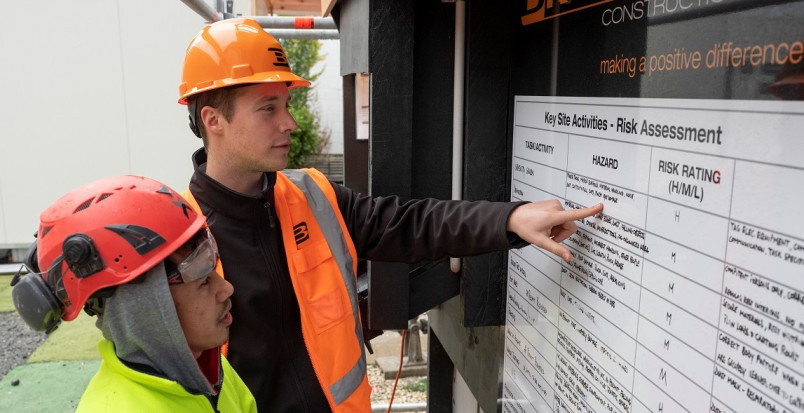
Somone should explain site risks and hazards to you.
Falls from heights are the most common cause of deaths in New Zealand’s construction industry. Even falls from 1 or 2 metres can be deadly - half of all dangerous falls in New Zealand are from 3 metres or less.
The New Zealand Government wants to reduce fatal and serious non-fatal work-related injury by 25% by 2023. To support this target they have created a toolkit to help prevent falls from height. The toolkit is for people working on both tall and short structures.
Construction work happens all year round and much of it is outdoors. You will have to work outside in all types of weather. If working outdoors, you should be prepared for changes in the weather and make sure you have clothing that will protect you. If the weather changes, you may be asked to do different work from what you were expecting.
Sunburn
Sunburn can cause skin cancer. Sunburn can happen quickly in New Zealand, even on a cloudy day or when it feels cool. It is important to use sunscreen and/or suitable clothing to protect yourself from the sun.
Keeping safe in the sun | WorkSafe
Drugs and alcohol
Using drugs or alcohol while at work can put you and others at risk. Drugs and alcohol can cause poor concentration, carelessness, risk-taking behaviour and errors in judgement and can result in injuries, fatalities and absence from work. They can also affect work performance and productivity.
Employers may have policies and processes to manage and prevent the risks of drugs and alcohol in the workplace. They may also use pre-employment testing when employing workers in safety sensitive workplaces, or require employees to take alcohol or drug tests if this is part of the worker’s employment agreement.
Drugs, alcohol and work | Employment New Zealand
Fatigue
Fatigue is a state of physical and/or mental exhaustion. It can reduce your ability to perform work safely and can lead to workplace accidents and injuries. Causes of fatigue include long or irregular work hours and night work, physically demanding work, working outside in winter, exposure to loud noise, and handling vibrating tools for long periods of time.
Make sure you report all workplace hazards and accidents, including near misses. Reporting dangers and suggesting safety ideas helps keep everyone healthy and safe.
If you have a suggestion or concern, but do not feel comfortable raising it at work, you can:
If you do not have enough information or training to do a task safely, talk to your employer or supervisor immediately.
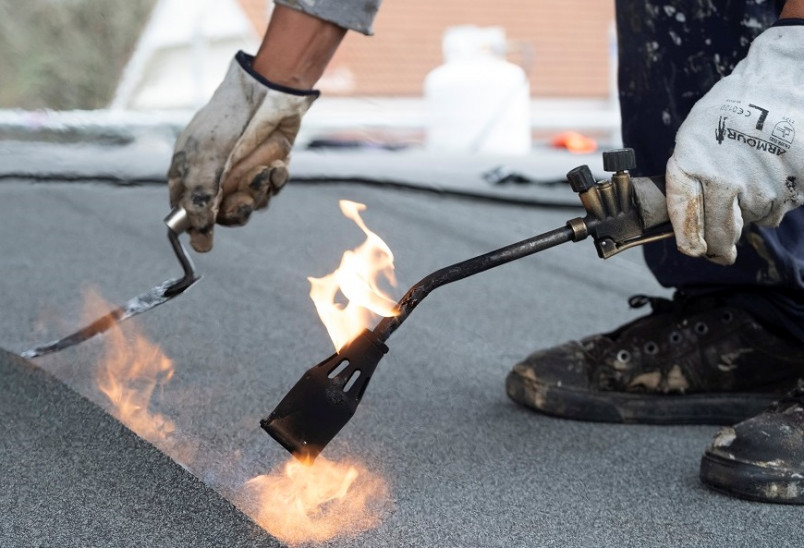
Make sure you use safety equipment.
Your employer must give you personal protective equipment (PPE), including protective clothing, to do your work safely. What they give you will depend on the tasks you are expected to do. All workers must use the clothing and equipment provided to them.
The following table has some examples of personal protective equipment and safety gear used in construction.
| For... | Equipment |
|---|---|
| eyes | Safety glasses, goggles, face shield |
| ears | Ear plugs, ear muffs |
| breathing | Masks, respirators, cartridge filters |
| head | Hard hat |
| body | Overalls, safety harness, gloves, wet weather gear, specialists protective equipment |
| feet | Steel capped boots or shoes |
| working at height | Harness (installed anchor or restraining cables), roof edge barriers |
| visibility | High visibility vests and jackets |
WorkSafe regulates health and safety in New Zealand workplaces and monitors and enforces compliance with health and safety law.
Building and construction | WorkSafe
To help you stay safe at work, the Accident Compensation Corporation (ACC) provides information and advice on how to prevent injuries in the workplace and what to do if you are injured.
Workplace health and safety | ACC
You can contact WorkSafe by phone on 0800 030 040 (24 hours). Your concerns will be treated confidentially. Ask for Ezispeak if you need an interpreter.
WorkSafe also has information to help you deal with sexual harassment and bullying in the workplace.
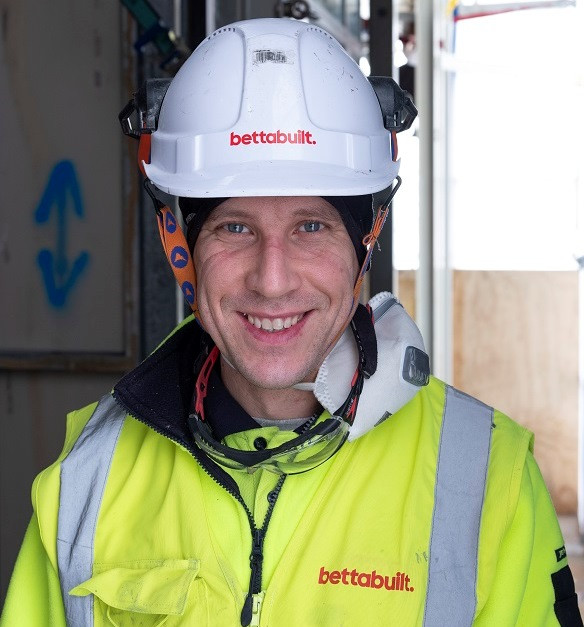
EAP services can help you resolve health and safety issues.
EAP services can help you resolve health and safety issues. Contact your workplace human resources (HR) team to find out if your workplace provides this service.
Employee Assistance | EAP services
New Zealand has an accident compensation scheme called "ACC". The scheme provides cover for personal injuries for everyone in New Zealand, including residents, visitors and migrant workers. ACC replaces the right to sue for personal injury. It is a blame free scheme, meaning it does not matter who caused the injury or where and when it happened.
If you are injured (at work, at home or anywhere in New Zealand) your injury is likely to be covered by ACC. You may be able to get help with costs for doctor’s fees and treatment. If you are unable to work because of your injury, you may be able to get compensation for loss of earnings (weekly compensation) while you are off work. The amount you receive and when you start to receive it will depend on your particular situation.
All employees pay a levy (tax) to help fund the cost of the ACC scheme. The money is automatically taken out of your wages by your employer as part of your PAYE tax. The amount you pay depends on how much you earn and your individual levy rate.
Make sure you know what cover ACC can provide before you consider taking out income replacement insurance.
The ACC website has information on preventing injury and how to make a claim.
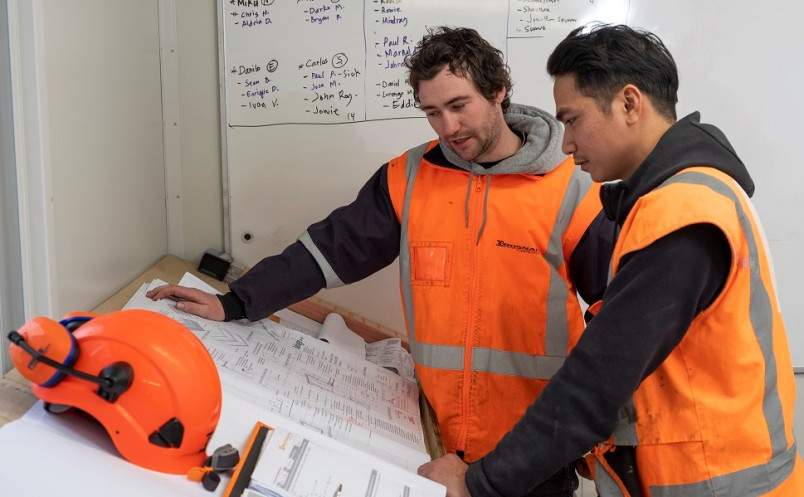
Learn how New Zealanders communicate and work together.
Some New Zealand workplaces can be quite informal. The way New Zealanders communicate at work may also be different from what you are used to.
In New Zealand construction workplaces, you may work with people from many different cultures. It will help if you understand some of the differences between New Zealanders and people from other countries.
Knowing about the differences between cultures can help make it easier for you to fit into a new workplace. It can also help everyone work better as a team.
People from different countries often prefer to be managed in different ways. Some like to be told exactly what do, others do not.
Compared to some migrant workers, New Zealanders are more likely to:
Workers from different countries may also have different ways of working and talking with their workmates.
Here are some of the things that workers from different cultures say about how they work. How do you like to work?
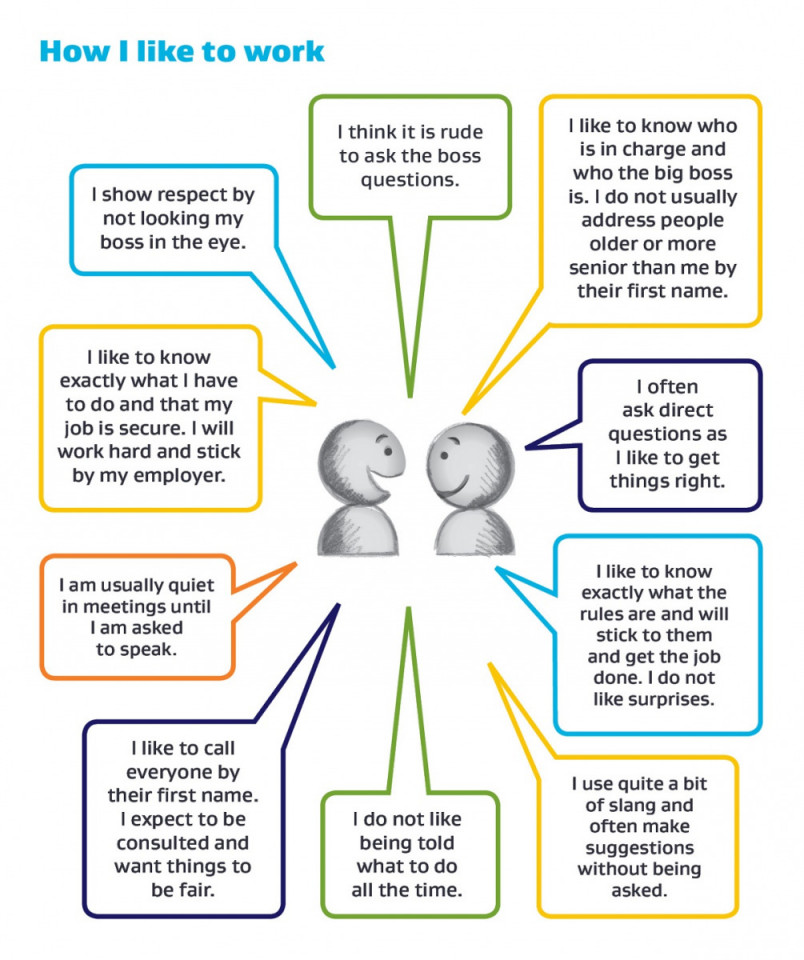
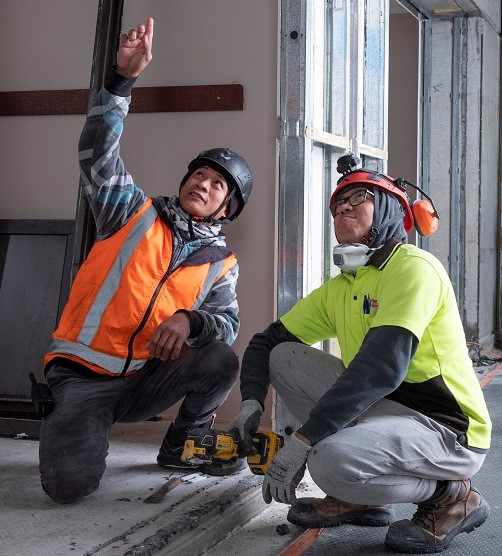
Migrant workers need to give and receive clear instructions.
In construction, it is important that you can give clear instructions and understand instructions you are given so you do not put yourself or others in danger.
It is also important that you:
New Zealanders speak very fast and their accent is different accent. If you do not understand something, ask the person to speak more slowly and repeat it back to them to make sure you have understood correctly. Employers do not mind if you ask them to repeat an instruction many times as you need to make sure that you understand the instruction.
Some people may find it hard to understand your accent. Try to remember to speak more slowly if someone is having trouble understanding you.
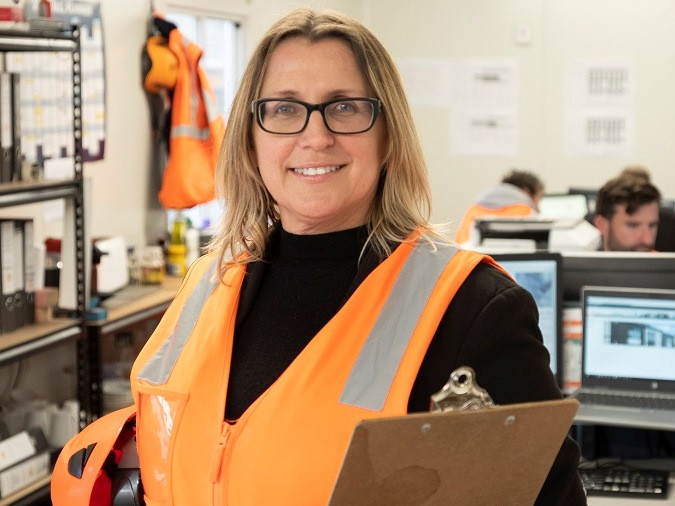
Most New Zealanders, including the boss, like to be called by their first name.
In New Zealand, it is usually okay to speak to a supervisor or manager in a casual or informal way. It is not seen as disrespectful. Workers do not usually have to wait to be invited to speak. It is also okay if you need to challenge or question instructions or complain about something, as long as you do it in a polite way.
It is also common for workers to call their boss by their first name. They do not usually mind.
If you are not sure how your boss likes to be spoken to, you could ask them or ask one of your workmates.
Being able to communicate well with your workmates helps you to work better as a team. It can also help you make friends. You will find it helpful if you take time to learn how the people in your team like to communicate with each other.
In many New Zealand workplaces, people like to have some casual talk from time to time. This is called “chat” or “small talk”.
You will soon learn if this is okay in your workplace.
New Zealanders often ask people to do things in an indirect way. When someone asks for something, it may sound like a suggestion. It is important to remember this when you are talking with your workmates. Here are some examples:
Construction workers in New Zealand may use some technical terms (jargon) or other words that you are not used to. You may need to quickly learn some new terms. If you are not sure what something means, ask a workmate or your supervisor.
Try this quiz to learn some New Zealand construction jargon.
Māori are sometimes referred to as ‘Tangata whenua’ (“people of the land”).
Along with English, Māori is an official language in New Zealand. You will probably hear some Māori words being used around you in everyday conversation, including in the workplace. Some signs in New Zealand are written in both English and Māori. You may see signs in both languages in your workplace too.
Try this quiz to learn some common Māori words that you may hear in the New Zealand construction workplace.
The Treaty of Waitangi is a bi-cultural partnership between The Crown (embodied by the government) and Tangata Whenua. The Treaty is the founding document of New Zealand.
Treaty of WaitangiMost countries have words and phrases that only people who live there use. This is called ‘slang’ or ‘colloquial language’.
Some New Zealand words may be hard for you to understand when you first hear them. Ask a workmate if you are not sure what something means.
Try this quiz to learn some New Zealand slang.
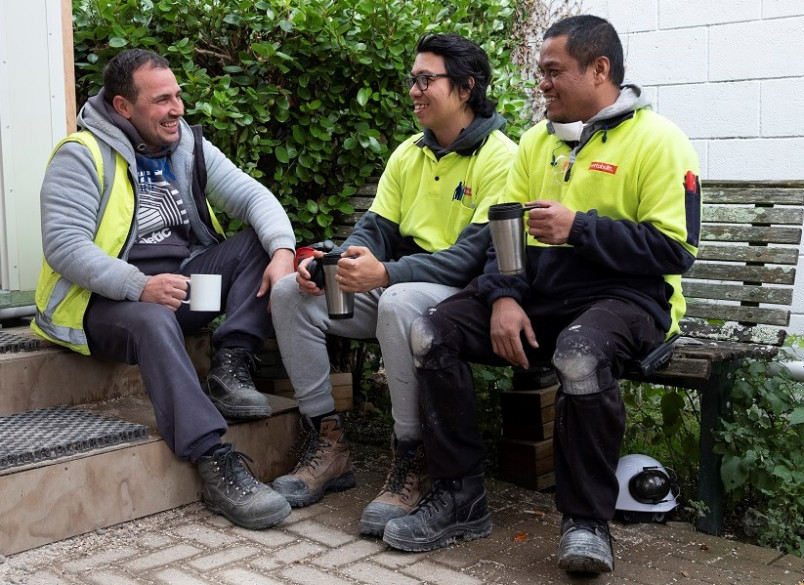
Friendly teasing and banter is common in New Zealand workplaces.
Swearing (using rude or offensive words) is common in some New Zealand workplaces, and especially common on a construction site. Try not to be offended if you hear some swearing during normal workplace conversation.
Swearing does not always mean the person is angry or telling you off. Some New Zealanders swear when they are in a good mood or joking with others.
It is never acceptable to swear at your boss or in front of clients.
In some New Zealand workplaces, workmates may tease each other in a friendly way. This type of talk is called ‘banter’.
Banter is usually between people who know each other well. For example, someone may make fun of a person’s new haircut in a playful and friendly way. Like swearing, teasing or banter can become offensive.
If swearing is making you feel uncomfortable or is causing you distress, it may be harassment, which is against the law.
If swearing or teasing makes you feel uncomfortable, try asking the person to stop doing it. You can also speak to your supervisor about it.
Improving your English can help you in the workplace and with your settlement into New Zealand life. There is help if you need to improve your English. Some is provided by community groups.
When someone treats a person unfairly because they are different from them, this is discrimination. It is unlawful to discriminate against anyone based on their current, past or assumed:
When someone repeatedly behaves unreasonably towards a worker or group of workers, this is workplace bullying. It can lead to physical or psychological harm.
When someone repeatedly makes offensive sexual or racial comments, or behaves in an offensive way towards someone at work, this is harassment. Sexual and racial harassment are taken very seriously in New Zealand. Your rights are protected by the Human Rights Act 1993.
Bullying, harassment and discrimination | Employment New Zealand
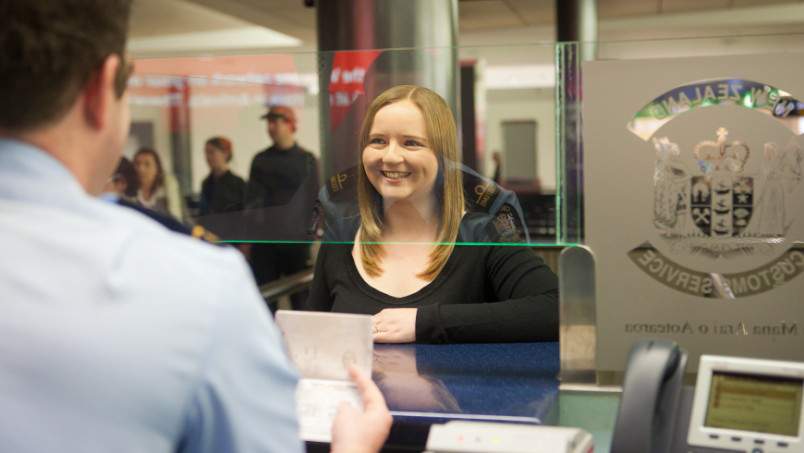
Explore visa options for you and your family.
If you plan to move to New Zealand for work, there are different visas that you can apply for. Each has its own rules and application process.
Which visa you need depends on:
Visa options fall into 2 categories – Resident visas and Temporary work visas.
| Visa type | These visas allow you to... | |
|---|---|---|
| Resident visas |
work and live in New Zealand for as long as you like Example: |
|
| Accredited Employer Work Visas (AEWV) |
work and live in New Zealand for a set period of time You can apply for this temporary visa if you have a job offer from an accredited employer, the skills and qualifications for the job, and a link to the application form. With this visa you can then apply for either the Straight to Residence Visa, or after 2 years in the role the Work to Residence or Highly Paid Residence Visa. |
Explore visa options | Immigration New Zealand
Work in New Zealand | Immigration New Zealand
There are 3 main ways to apply for a New Zealand visa. You can either:
Temporary workers may only work within the conditions of their visa. If you come to New Zealand on a temporary visa, the conditions of your visa will specify your position, your employer and the location of your employment. Make sure you understand the requirements and processes for your visa.
If your situation or plans change, for example if you want to change your employer, you may need to apply for a ‘Variation of Conditions’ or a new visa.
My situation has changed | Immigration New Zealand
Workers on temporary visas must leave New Zealand or apply for a new visa before their visa expires.
Your family needs to prepare for living in a new country.
You may be able to bring family members to New Zealand, if they meet the immigration requirements. It also depends on which visa you have and the skill level of your job.
Family members you may be able to bring are your:
Your family will need to be prepared to live in a different country and adapt to a new culture. Your employer may be able to support you better when you arrive if you let them know that you intend to bring your family to New Zealand.
Join or bring family to New Zealand | Immigration New Zealand
School age children of temporary workers may be issued a student visa (domestic) if the temporary visa holder is earning the New Zealand minimum annual income. It also depends on which visa you have and the skill level of your job.
To avoid any delay that could lead to having to pay international student fees for schooling, apply for a Dependent Child’s Student Visa before you arrive in New Zealand.
Try our NZ Ready tool. NZ Ready is a free online planning tool for people moving to New Zealand. It creates a personalised task list for you where you can add notes and check things off as you prepare for your move.
NZ Ready
Get prepared for living in New Zealand.
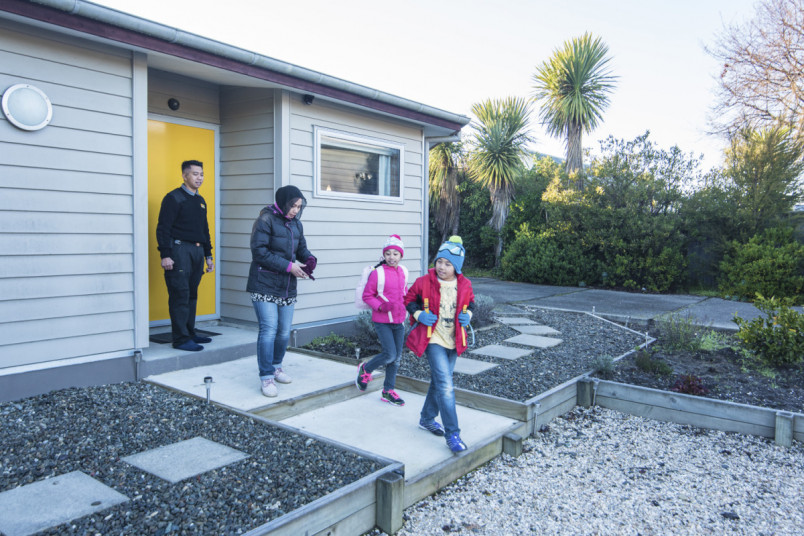
Learn more about where you might live and work.
If you are renting a house in New Zealand, it is important that you know your rental rights and responsibilities. The Tenancy Services website provides videos, tools, resources and information to help you learn more about tenancy law.
The cost of renting differs depending on where you live. Generally it costs more to rent in larger cities than in smaller ones, and if you rent closer to the city centre.
Rental properties are usually unfurnished.
The Tenancy Services website has a tool to help you make decisions about where you could afford to live in New Zealand.
Market rent | Tenancy Services
Download the 'Renting and you' guide
The ‘Renting and you’ guide (available in different languages) has information on tenancy agreements and legal requirements, including things your landlord must provide, like insulation and working smoke alarms.
Some houses in New Zealand can be very cold, especially those in mountainous regions. Many houses are not insulated or do not have heating built into every room. You should be prepared to provide your own heating solution.
Landlords must provide ceiling and under floor insulation in all rental homes where it is reasonably practical to install.
To ensure your accommodation is warm, dry and safe:
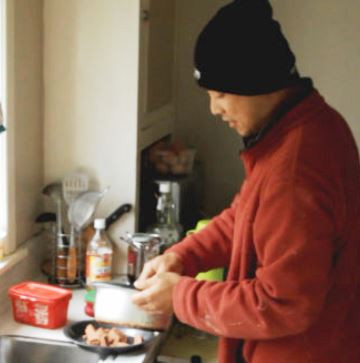
People new to New Zealand can be surprised by the high cost of goods and services here. However, the cost of living in New Zealand compares well with other OECD countries.
Use the Cost of living calculator to find out what it might cost to live in New Zealand.
To drive in New Zealand, you must have either a current driver licence from your home country or a New Zealand Driver licence.
You can drive in New Zealand on a foreign driver licence for 12 months after arrival. After that, you must apply for a New Zealand driver licence.
You may need an international driving permit or a translation of your licence if it is not written in English.
Converting to a New Zealand driver licence | New Zealand Transport Authority (NZTA)
New Zealand’s road rules are there to keep everyone safe on the roads. Here are some of the most important road rules in New Zealand:
Driving on New Zealand roads | NZTA

Driving while influenced by alcohol or drugs is unsafe and can result in large fines, a driving ban and even prison.
Being safe on the road - rules and reasons | NZ Police
You may need to use public transport if you have no other way of getting around. Most towns and cities have a bus service and some have trains as well.
New Zealand has 4 seasons with different temperature ranges.
Weather and temperatures vary from region to region. It is generally warmer in the north and cooler in the south.
| Season | Months | Temperature (Celcius) |
|---|---|---|
| Summer | December to February |
usually warm or hot, eg 20-30 degrees |
| Autumn | March to May |
getting cold, eg 15-20 degrees |
| Winter | June to August |
cold or very cold, eg below 0-15 degrees; there could be snow! |
| Spring | September to November |
getting warm again, eg 15-20 degrees |
New Zealand has a publicly funded health service. If you are here on a visa that qualifies you for publicly funded healthcare, you will be eligible for these services. Note that not all services are free.
When you arrive in New Zealand, you will need to enrol or register with a GP (general practitioner). A GP is a fully trained medical doctor who can give you medical advice and refer you for further tests or specialist treatment if needed. If you need medical help and it is not an emergency, the first point of contact is a GP.
Enrolling with your local doctor
If you are not eligible, you should have comprehensive travel insurance that includes health insurance.
Eligibility for publicly funded health services | Ministry of HealthThe New Zealand Police are here to help you.
New Zealand is generally a peaceful and safe country to live in. Crime rates are lower than in many other countries and we have low levels of corruption. There are no dangerous animals and only 2 rare types of poisonous spider.
But there are some unseen risks that you should know about. These include:
These differences are explained below.
New Zealand weather can change very quickly. Check the weather forecast and dress for the conditions before you go out.
Be prepared for cold weather in New Zealand.
It is also important to check weather conditions before doing outdoor activities like walking, cycling, hiking, swimming or boating. Always carry your cell phone, warm clothing, food and drink with you. Let people know where you are going and when you expect to return.
The sun in New Zealand can burn your skin very quickly. Sunburn can cause skin cancer. Protect yourself from the sun, even on cloudy days.
The sea in New Zealand can be cold and dangerous.
In New Zealand, the sea can be cold and dangerous. Sea and weather conditions can change quickly.
If you plan to swim or fish in the sea or go out in a boat, make sure you always check the weather forecast first. Wear a life jacket and take safety equipment in your boat.
Most drownings in New Zealand happen at beaches and when people are out in boats.
Stay water safeNew Zealand has earthquakes! These happen in some places more than others. Most earthquakes are so small you do not feel them, but they can be big and cause injuries and damage, especially in areas with lots of buildings.
A disaster safety plan will help you and your family to cope if a big earthquake happens.
People from overseas say New Zealanders are very friendly and sociable. But it can be hard to meet and get to know people when you move to a new country.
There are lots of ways to meet up with New Zealanders and other migrants. Here are some ideas to get you started.
There is more advice about meeting people on New Zealand Now.
Newcomers to New Zealand have the same rights and responsibilities as people already living here.
Everyone living in New Zealand must obey New Zealand law. New Zealand law applies to all migrants with temporary or permanent residence and to all temporary workers.
Breaking the law can put your visa status at risk, and your family’s. Immigration New Zealand can require someone to leave the country if they commit a serious offence and they are not a New Zealand citizen. A serious offence is any criminal offending, including driving under the influence of alcohol or drugs.
When you arrive in a new country, it takes time to settle. There is a lot to learn and a lot that is different. It can take quite a long time to feel settled and at home in New Zealand.
People often feel happy and positive when they first arrive but then find it harder to get settled than they expect. Over time, people learn more about the New Zealand way of doing things and start to feel at home.
Immigration New Zealand’s Settlement Curve shows how your feelings may change as you start living in a new country.
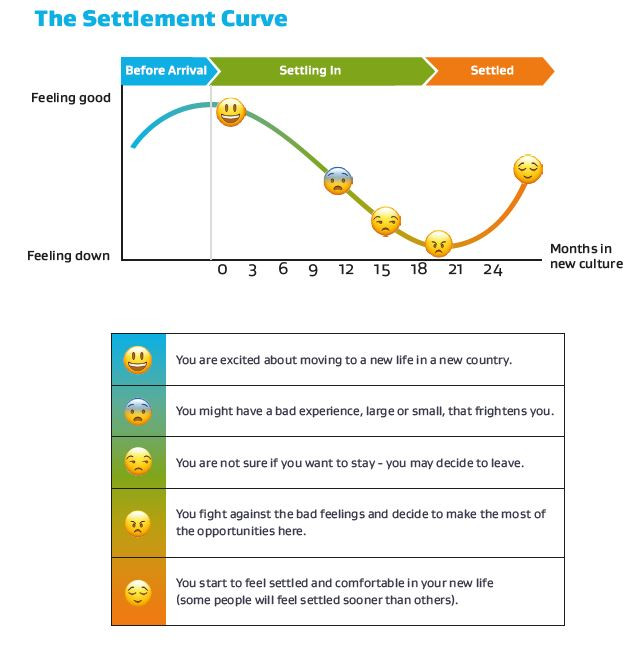
There is support for you if you feel lonely or very unhappy.
Free helplines:
- Call or text 1737
- Call the Depression Helpline: 0800 111 757
- Call Lifeline: 0800 543 354
The Ministry of Health has more information on what to do in a mental health emergency, including more helplines and support services:
Mental health services | Ministry of Health
To find healthcare services near you see our regional pages:
Immigration New Zealand provides settlement information, resources, programmes and services to help you settle into your new life.
Sometimes, to be sure you understand, it can be helpful to have something repeated in your first language.
Language Assistance Services (LAS) is a free government service available in over 300 languages, that you can use for talking to any participating government agency - including, very soon, your local Citizens Advice Bureau (CAB).
This includes phone and video interpreting, and is available "24/7" - 24 hours a day, seven days a week.
For more about LAS including a list of the participating agencies see our Help in your language page - or contact your local CAB.
You can download this guide as a pdf booklet:
This guide was collaboratively developed with the following organisations:
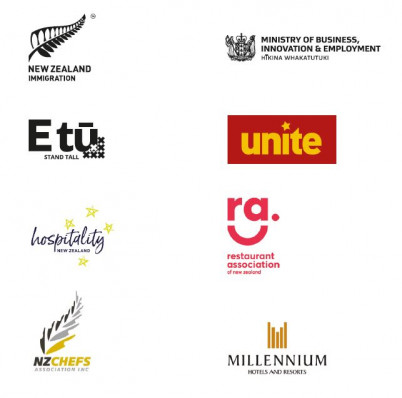
Sign up to receive relevant job opportunities from New Zealand employers and practical advice on how to make your move to New Zealand a reality.